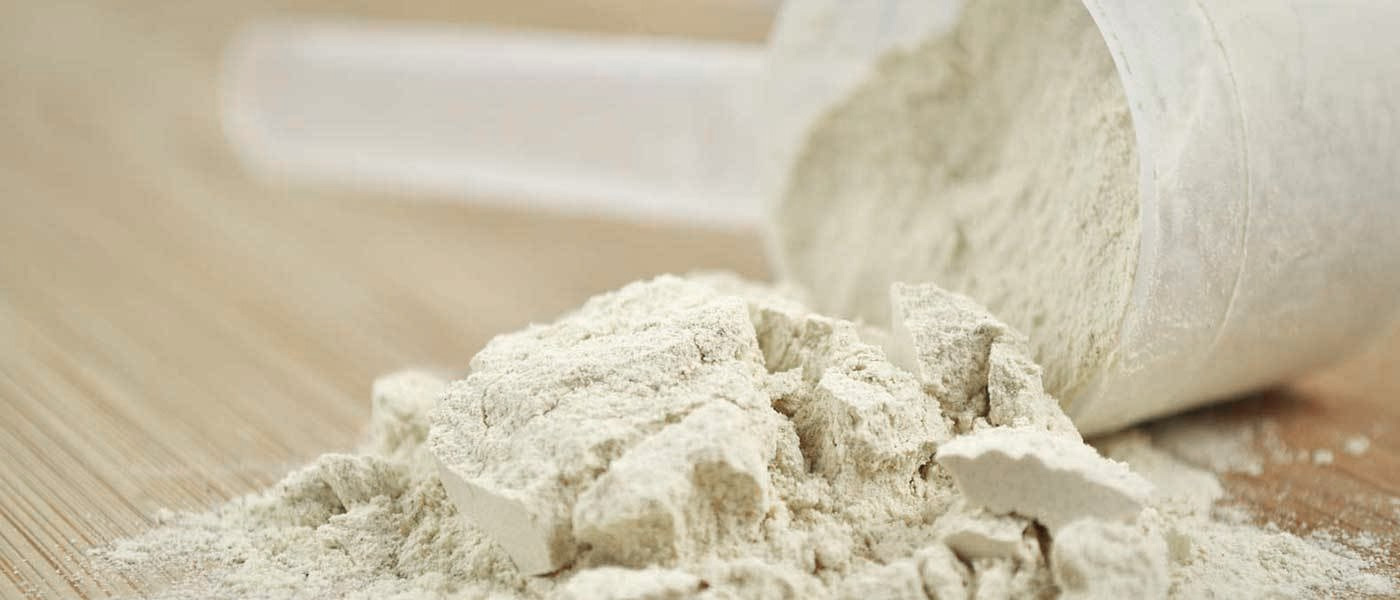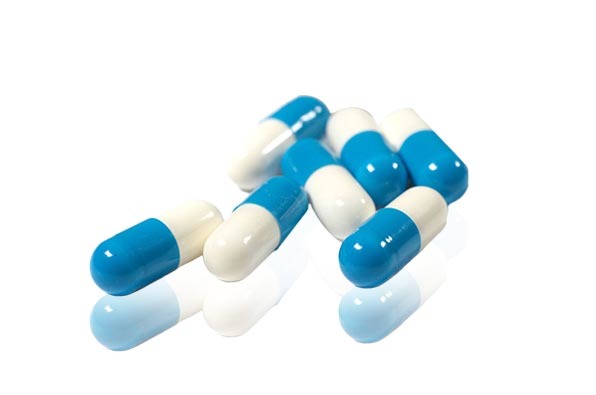News center
Exploring the Benefits of High Quality Collagen in Food Additives
Release time:
2025-04-17
High quality collagen is increasingly recognized in the food industry for its numerous benefits and applications, especially within the context of food additives. Collagen, a vital protein found in connective tissues, skin, and bones, plays a crucial role in maintaining the structural integrity of various bodily systems. As consumers become more health-conscious, the demand for high quality collagen in food products is surging.
One of the primary reasons for incorporating high quality collagen into food products is its contribution to overall wellness. Collagen is known for its potential benefits in supporting skin elasticity, joint health, and muscle recovery. When added to food products, high quality collagen can serve as an appealing selling point, aligning with the growing trend of functional foods that promote health benefits beyond basic nutrition.
In the realm of food additives, high quality collagen serves multiple functional purposes. It can enhance the texture and mouthfeel of food products, making them more appealing to consumers. For instance, in dairy products like yogurt or smoothies, collagen can provide a creamier texture, while in baked goods, it can improve moisture retention and shelf life. Its versatility makes it suitable for various applications, including beverages, snacks, and dietary supplements.
Moreover, high quality collagen is often derived from sustainable sources, such as fish or bovine hides, making it an excellent choice for environmentally conscious consumers. This aspect of sourcing not only caters to ethical considerations but also addresses the growing demand for clean-label products. By opting for high quality collagen, manufacturers can assure consumers of a product that is both effective and responsibly sourced.
Incorporating high quality collagen into food products can also appeal to specific demographics, such as athletes or aging populations, who are looking for ways to enhance recovery and maintain joint health. By marketing these benefits, companies can tap into lucrative market segments and differentiate their products in a competitive landscape.
In conclusion, high quality collagen offers extensive benefits that can enhance the appeal and functionality of food products. Its ability to support health, improve texture, and align with sustainable practices positions it as a favorable ingredient in the formulation of modern food additives. As the trend toward health and wellness continues to grow, integrating high quality collagen into food offerings can serve as a strategic move for manufacturers looking to meet evolving consumer demands.
One of the primary reasons for incorporating high quality collagen into food products is its contribution to overall wellness. Collagen is known for its potential benefits in supporting skin elasticity, joint health, and muscle recovery. When added to food products, high quality collagen can serve as an appealing selling point, aligning with the growing trend of functional foods that promote health benefits beyond basic nutrition.
In the realm of food additives, high quality collagen serves multiple functional purposes. It can enhance the texture and mouthfeel of food products, making them more appealing to consumers. For instance, in dairy products like yogurt or smoothies, collagen can provide a creamier texture, while in baked goods, it can improve moisture retention and shelf life. Its versatility makes it suitable for various applications, including beverages, snacks, and dietary supplements.
Moreover, high quality collagen is often derived from sustainable sources, such as fish or bovine hides, making it an excellent choice for environmentally conscious consumers. This aspect of sourcing not only caters to ethical considerations but also addresses the growing demand for clean-label products. By opting for high quality collagen, manufacturers can assure consumers of a product that is both effective and responsibly sourced.
Incorporating high quality collagen into food products can also appeal to specific demographics, such as athletes or aging populations, who are looking for ways to enhance recovery and maintain joint health. By marketing these benefits, companies can tap into lucrative market segments and differentiate their products in a competitive landscape.
In conclusion, high quality collagen offers extensive benefits that can enhance the appeal and functionality of food products. Its ability to support health, improve texture, and align with sustainable practices positions it as a favorable ingredient in the formulation of modern food additives. As the trend toward health and wellness continues to grow, integrating high quality collagen into food offerings can serve as a strategic move for manufacturers looking to meet evolving consumer demands.
NEWS





